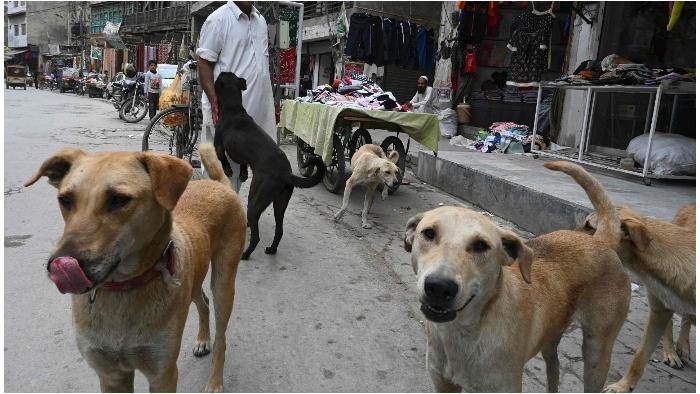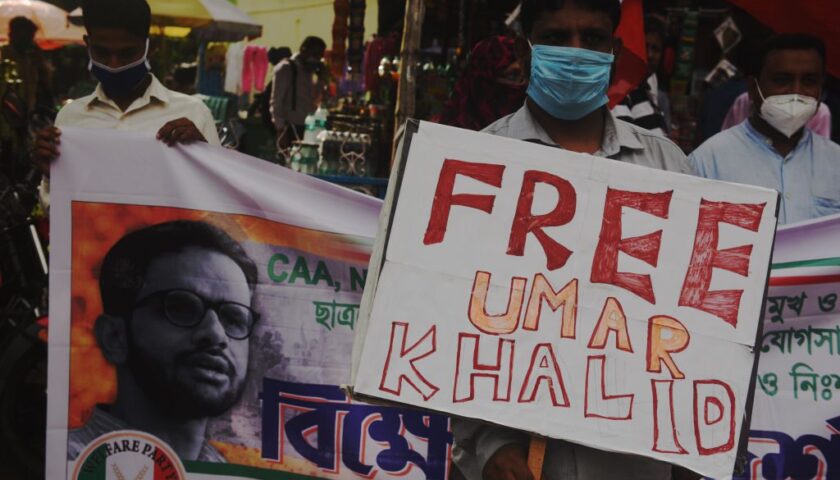Supreme Court Orders Removal of Stray Dogs from Delhi Streets; Urges Action in Jammu & Kashmir
By: Javid Amin | 11 Aug 2025
In a significant shift in India’s animal control policy, the Supreme Court of India has ordered the removal of all stray dogs from the streets of Delhi-NCR within eight weeks, citing alarming public safety risks. The decision marks a departure from the long-standing Animal Birth Control (ABC) program’s sterilize-and-release method, replacing it with a capture-and-shelter approach.
The Court’s Directives: A Tough New Framework
The two-judge bench, comprising Justice JB Pardiwala and Justice R Mahadevan, issued strict instructions to civic bodies:
-
Total Removal: All stray dogs must be taken off streets, including urban fringes and rural edges.
-
Shelter Facilities: States must establish dedicated shelters equipped for sterilization, immunization, feeding, and medical care.
-
CCTV Monitoring: To prevent unauthorized release or cruelty, shelters must be monitored round-the-clock via cameras.
-
Public Helpline: A special hotline will receive dog bite complaints, with a maximum four-hour response time.
-
Accountability: Individuals or organizations obstructing the drive will face contempt of court charges.
Why This Crackdown Now?
The move follows a national media report highlighting a disturbing surge in dog bite cases—particularly involving children in school zones, housing colonies, and public parks. In some cases, victims required multiple rabies vaccinations and lengthy hospital care.
The court emphasized that public safety overrides emotional or ideological considerations, warning civic bodies against inaction:
“No one’s sentiment can outweigh a citizen’s right to safety,” the bench stated.
Pushback From Animal Rights Activists
Organizations like PETA India and People For Animals have criticized the decision as “unscientific and inhumane,” arguing:
-
Displacement Risks: Removing dogs without eliminating waste food sources leads to territorial conflicts elsewhere.
-
Starvation & Stress: Captured dogs may face poor shelter conditions or neglect.
-
Population Control Doubts: Without sterilization-based strategies, populations could rebound from unsterilized strays left behind.
Activists have urged the government to invest in community feeding programs, waste management, and mass sterilization drives instead of mass removals.
Implications for Jammu & Kashmir
While the order currently applies to Delhi-NCR, the Supreme Court has recommended similar measures for states like Jammu & Kashmir, where:
-
Urban centers like Srinagar and Jammu face rising stray dog populations.
-
Dog bite cases have become a serious public health concern, especially for children walking to school.
-
Tourists have reported stray dog attacks near markets and heritage sites, affecting the region’s image.
Officials in J&K may soon have to choose between adopting the shelter-based model or proposing an alternative humane plan that satisfies the court’s safety concerns.
The Bigger Picture: Public Health Vs Animal Welfare
The ruling has sparked a nationwide debate over balancing compassion for animals with the right of citizens to safety.
-
Public Health Advocates say urgent action is needed to curb rabies risks and prevent injuries.
-
Animal Welfare Groups fear a rushed policy could lead to mass euthanasia or neglect.
The coming weeks will determine whether states can find a middle ground—combining safe sheltering with robust sterilization, vaccination, and adoption programs.




